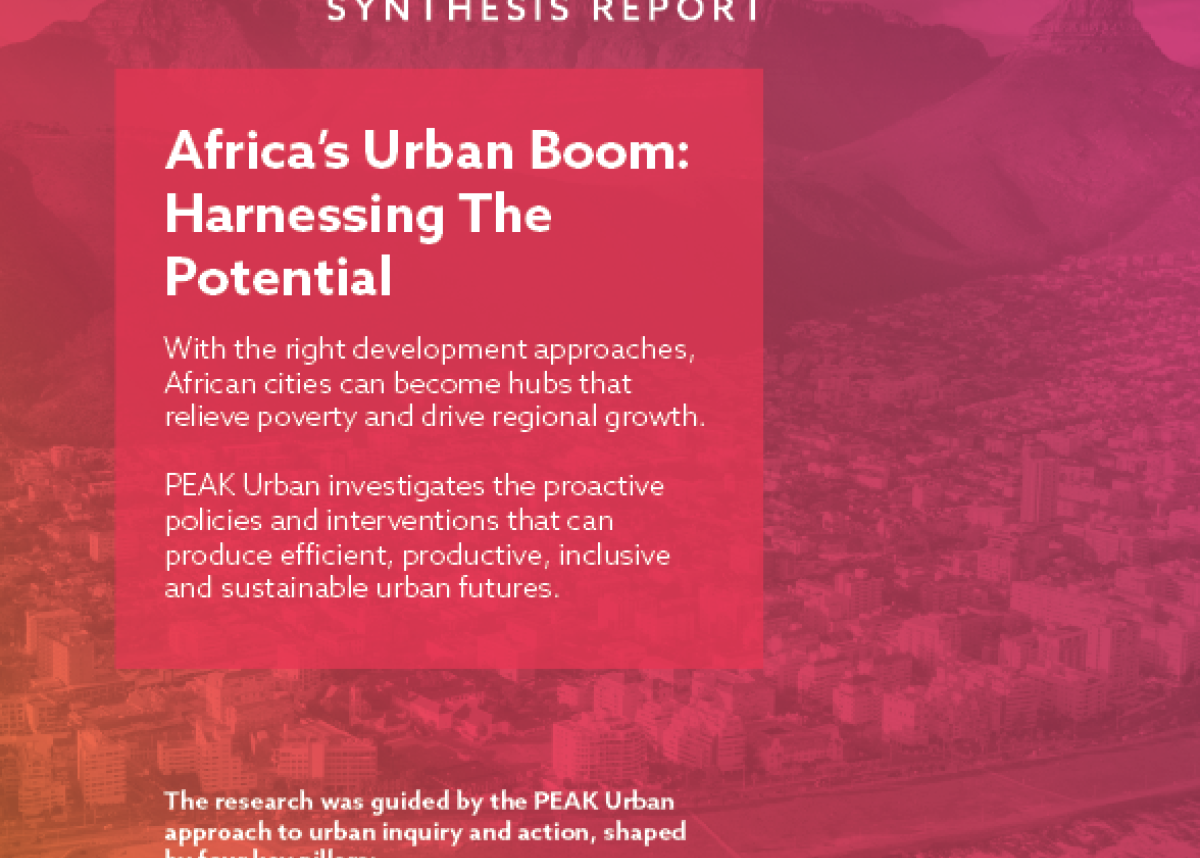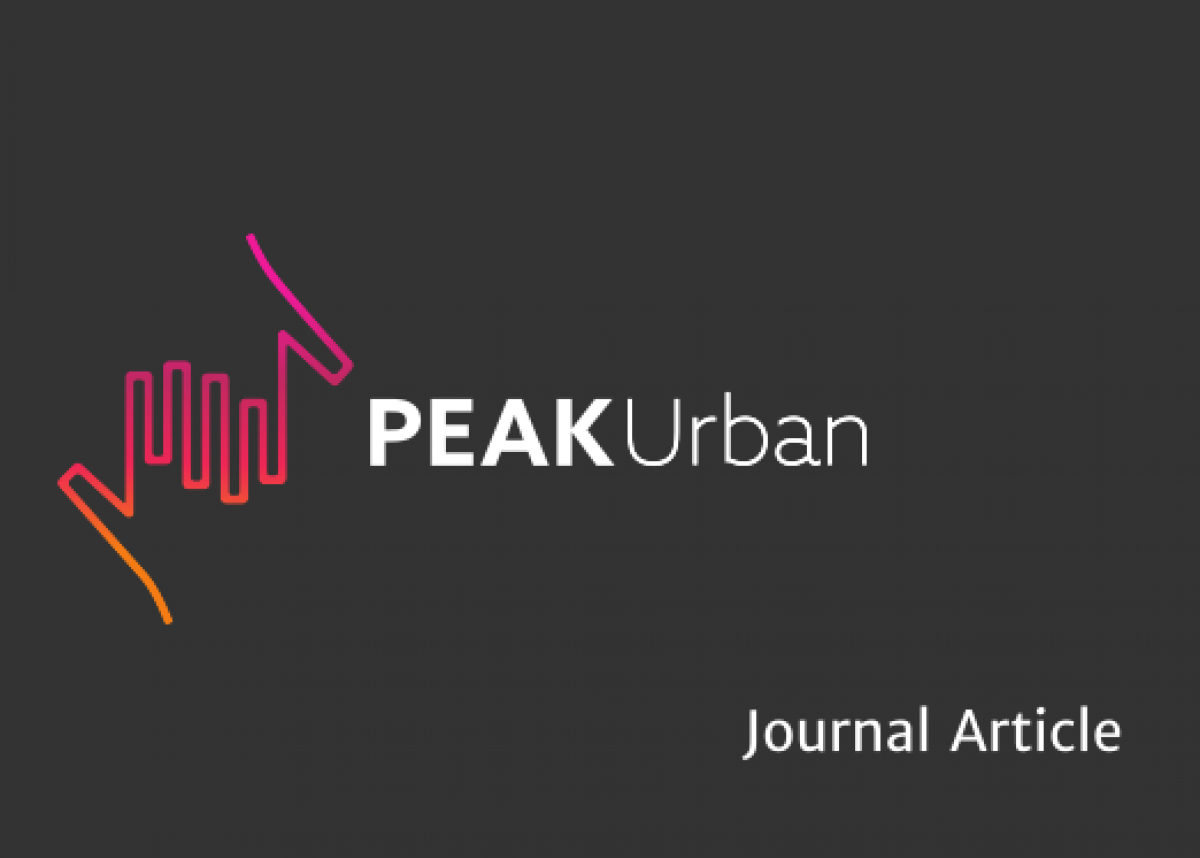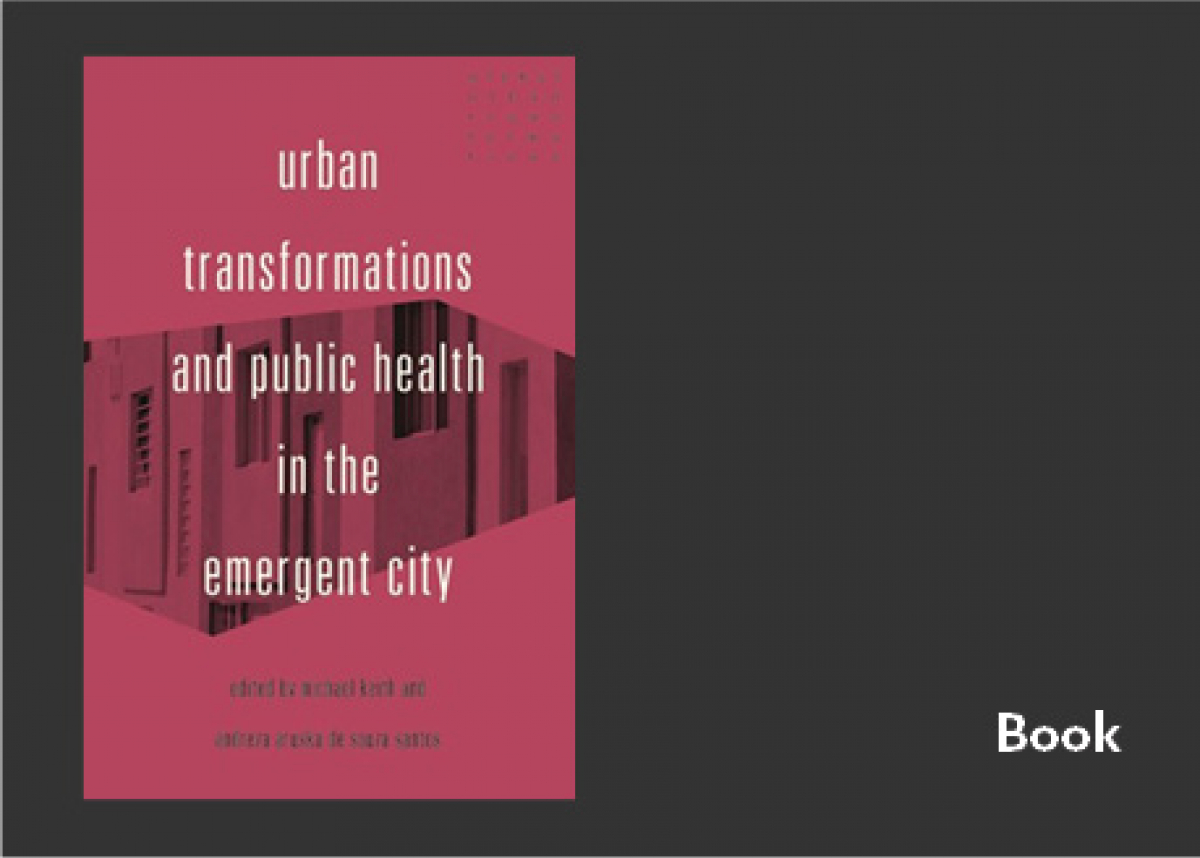
We have to create our own community”: Addressing HIV/AIDS among Men who have Sex with Men in the Neuropolis
The inclusion of Men who have Sex with Men (MSM) in global health policies have resulted in significant resource prioritisations, in order to treat and prevent the Human Immunodeficiency Virus (HIV) / Acquired Immunodeficiency Syndrome (AIDS). MSM policy inclusions and health prioritisations, however, are primarily motivated by an epidemiological understanding of male same‐sex sexual behaviours, based on biological risks associated with HIV infection. Owing to South Africa’s high HIV rates and MSM policy prioritisations, we aimed to examine experiences of engagement in urban MSM‐targeted HIV interventions. Qualitative interviews were conducted with participants (n =20) who previously engaged in MSM‐HIV interventions, across a variety of historically marginalised ‘township’ spaces in Cape Town, South Africa. Interviews were audio‐recorded with the consent of all participants, transcribed verbatim and verified, and anonymised using alpha‐numeric codes. Data were analysed for core themes and in this paper, we describe interactions between biological and social risks that shape city life for MSM in diverse township spaces.
When positioned against the background of the Neuropolis (Fitzgerald, Rose & Singh, 2016) our results portray urban life among MSM as a form of biological citizenship: (1) constructed by experiences that are constitutive of biosocial stressors, based on (2) health‐seeking attitudes and behaviours, and (3) reinforced through socio‐spatial engagements in peer‐led and community‐based HIV interventions.
We conclude by offering critical insight into recent calls for the development of comprehensive and localised peer‐led health programmes as a current void in the geographies of health and sexualities in the global south.






